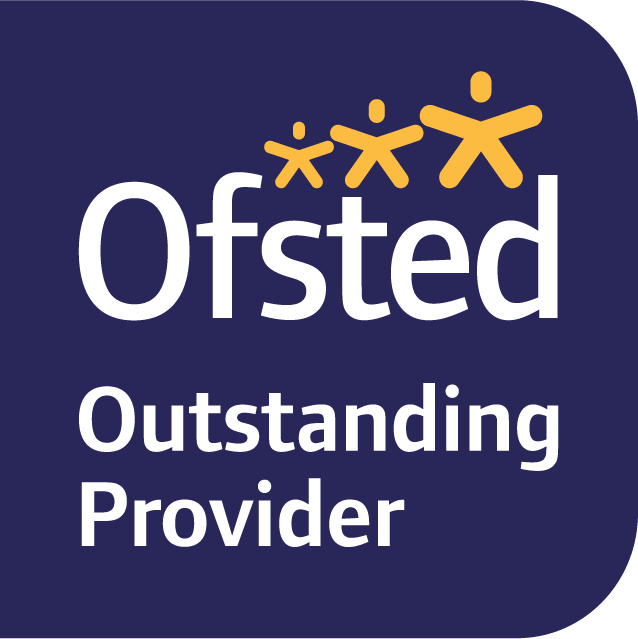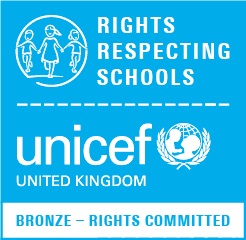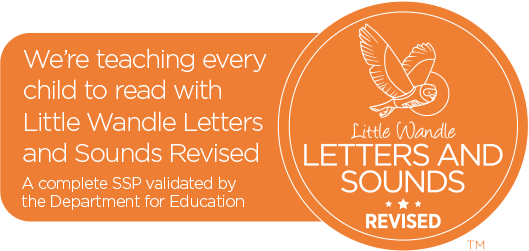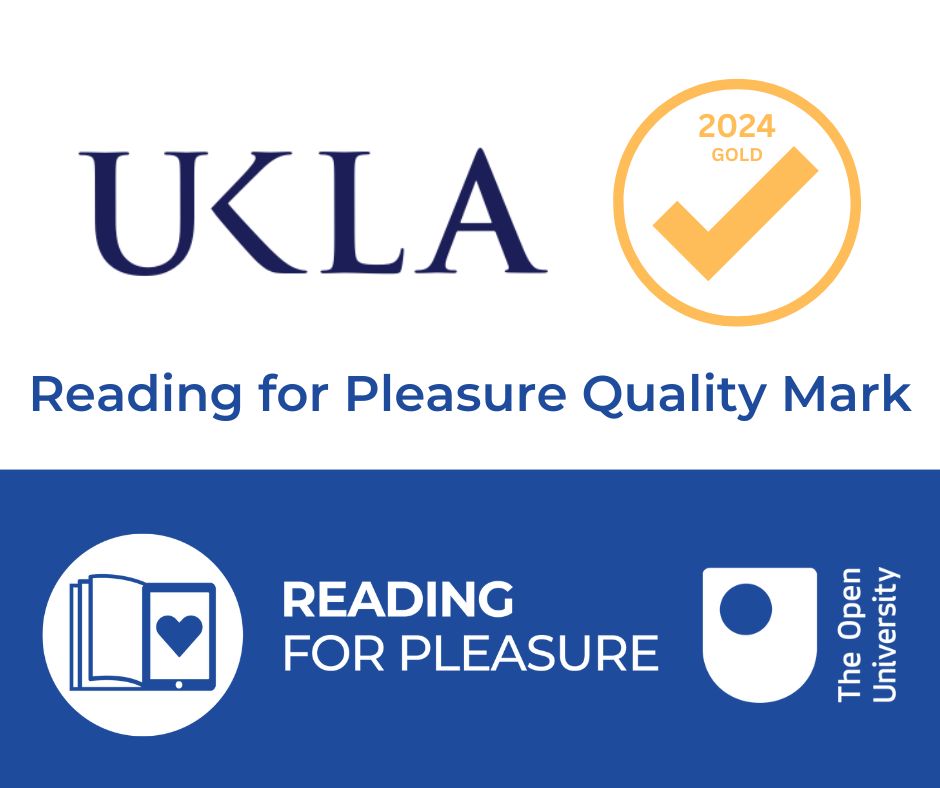Our Curriculum
At Laneshaw Bridge Primary School we are driven by our values, ambition, respect and collaboration; knowledge of our school community; understanding of research-based teaching and learning and knowledge of cognitive science within our curriculum design. Developing the curriculum was done in close collaboration between all stakeholders and continues to be adapted and developed as new children arrive in school, or we learn more about the science behind learning.
At Laneshaw Bridge Primary we have designed our curriculum to empower children to be able to access the next part of their learning journey alongside developing children who will play a positive role in the future of Laneshaw Bridge, the UK, and the World. The more children know, the more they can learn.
We recognise that a curriculum must be broad, balanced, and diverse. It must offer opportunities for children to develop a wealth of cultural capital which engages them with their world and enriches their life experience.
Our Values
We have three values that shape our curriculum, bring about the vision of our school, and respond to the needs of our community.
These values are:
Ambition - We are determined to achieve our goals and believe everyone can succeed.
Respect – We are considerate of other people and the environment.
Collaboration – We work as a team to achieve our goals and for the good of our community.
These values are designed to ensure that our children are personally successful, independent thinkers ready for their journey of lifelong learning. Life is not a straight line; therefore, we want our pupils to be prepared to overcome their challenges and embrace new opportunities, reflecting our value of Ambition.
We deliver the curriculum through classroom-based and experiential learning. We promote equal opportunities for all our pupils throughout our practice in line with the Equality Act 2010.
Coherence in Knowledge Sequencing
Our curriculum is underpinned by the value of collaboration and therefore in Mathematics, English, Science, DT, Humanities, MFL and Personal Development we implement cross phase planning to ensure a smooth transition from Early Years to Post 16. Our reflective approach to curriculum design is integral to our professional development and promotion life-long learning.
The curriculum has been is mapped out in discrete subject areas, with each unit of work linked directly to the 2014 National Curriculum programmes of study. The careful sequencing of content both within each year group and progressively from EYFS to Year 6, is the essence of our spiral curriculum. This approach aims to ensure that knowledge is built upon secure foundations resulting in the understanding of information on a deeper level and knowledge that is remembered.
Classroom Based learning
Classroom practice is based on evidence from research behind effective teaching and cognitive science.
These are the main principles:
-
Learning is built in small steps with regular practise and so that children's working memory is not over loaded
-
Children are not blank canvases and may bring misconceptions to new learning that need to be addressed
-
Learning is most effective with spaced repetition.
-
Interleaving helps pupils to discriminate between topics and aids long-term retention.
-
Retrieval of previously learned content is frequent and regular, which increases both storage and retrieval strength.
-
Children's oral language skills and understanding are developed through a range of questioning and dialogic techniques alongside deliberate vocabulary development.
-
Children are guided through a sequence of live modelling using visualisers, scaffolded practice, and finally onto independent practice.
-
Meta-cognitive strategies are explicitly taught to build resilience and help children become life-long, independent learners.
In addition to these principles, we also understand that learning is invisible in the short-term and that sustained knowledge takes time. Our curriculum is designed with the following goals in mind:
-
To ensure that children develop long term depth of understanding leading to mastery for all and a greater depth of understanding for those who are capable.
-
Cultural capital is the background knowledge of the world and children need to bring meaning to their learning and ensure they can hold educated views and express them in a mature and sophisticated way.
-
The family ethos of the school, the PSHE curriculum, engagement with current affairs, our Behaviour Policy, group meetings and work within the community will support the development of our children.
Experiential and Enriched Learning
We believe that experiential learning is an essential building block for children's knowledge acquisition and understanding, therefore concrete experiences are deliberately mapped into every topic across all curriculum areas. Hands-on experiences such as handling objects in history, carrying out investigations in science and observing environments in geography, both within the school and through trips, not only allow children to build secure schema when moving to more abstract knowledge but also provide intrinsic learning opportunities that are central to primary education.
Personal development is an integral part of the curriculum and therefore is underpinned by our third value of Respect and the development of a positive and respectful school environment. Opportunities both in school and across the Trust include national and international trips; the Pennine Champions Award for primary pupils; trust wide sports events; debating; mathematical challenges; musical events; mandarin teaching throughout Key Stage 2; community engagement projects and local, national and international fundraising events. These opportunities are designed to enhance pupils’ learning experiences, form personal connections between pupils, their peers, and their community, and teach skills essential for life after school.
Ambition for all
Our curriculum is fully inclusive, and we recognise the pupils with SEND have the greatest need for excellent teaching and are entitled to a provision that supports achievement for all. We create a positive environment in school for all pupils without exception. Using the graduated approach, we employ high quality formative, summative and diagnostic assessments to develop a holistic understanding of pupil needs; our intervention programmes are bespoke, and evidence-informed and our support staff are highly skilled and expertly deployed.
Assessment and Quality Assurance
Fundamental to the effectiveness of our curriculum is our approach to assessment. We utilise a responsive approach to assessment strategies which focus on moving the learning forward and the activation of learners as owners of their own learning; We recognise that effective feedback should be specific, accurate and timely and provide clear guidance on how to improve. Pupils are explicitly taught metacognitive strategies through dialogic talk as well as how to monitor, plan and evaluate their learning. The information provided by assessments is essential for planning and adaptive teaching.
We have developed a collaborative approach to quality assurance which supports teachers to reflect and refine the sequencing of the core knowledge and foundational concepts for their subjects, evaluate the effectiveness of the principles of direct instructional teaching whilst securing the skills to know when knowledge is secure before pupils move on.





